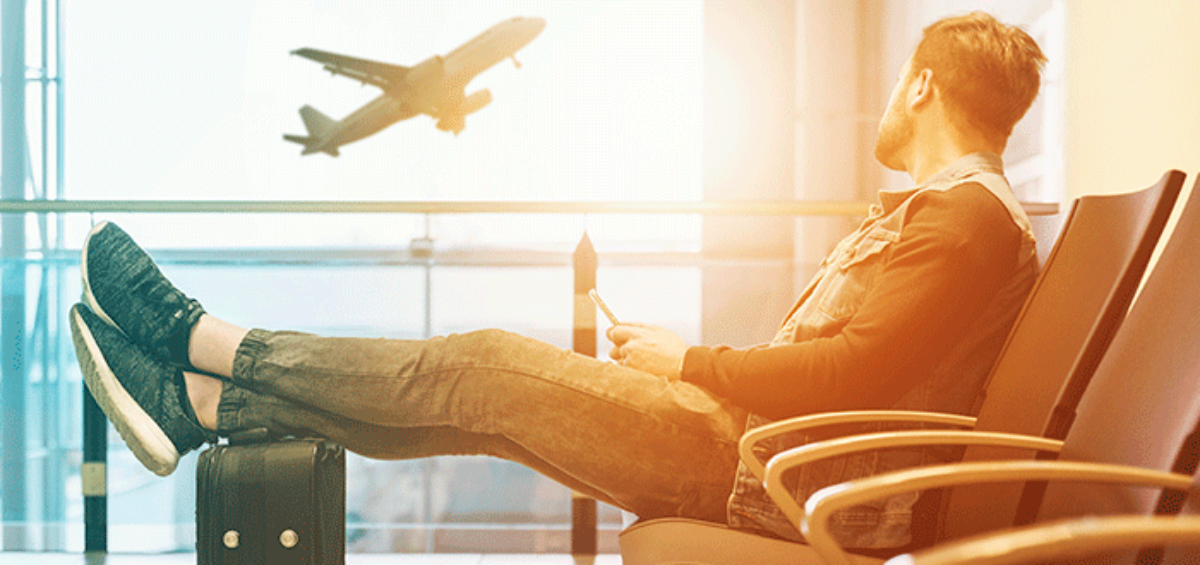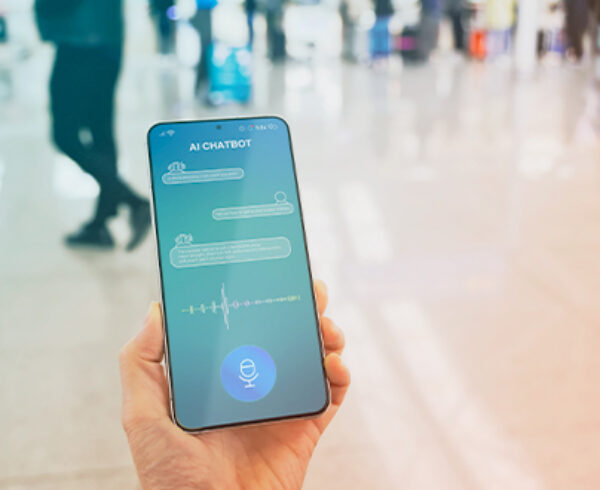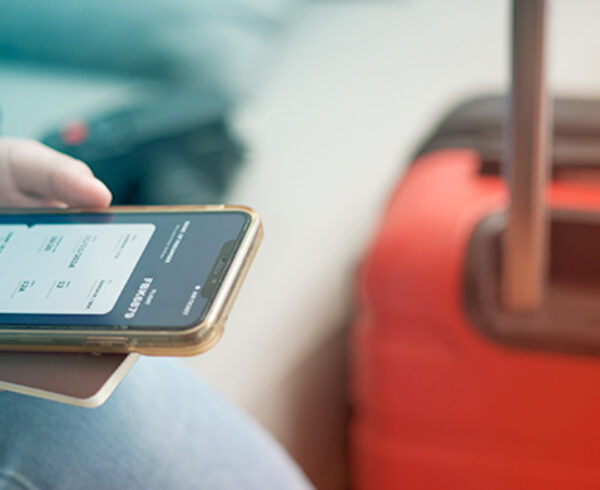Travelers fall into 2 primary groups, but the motivations and priorities couldn’t be more different for business vs. leisure travel.
Any given commercial flight is full of Travelers who fall into 2 broad categories: business and leisure. Business Travelers are hitting the road for meetings and conferences and sales presentations. Leisure Travelers are leaving home to have a little bit of fun, rest and relaxation.
What are the key differences when booking business vs. leisure travel? Here’s a look at what is most important to each group across several different categories, plus tips for new Travel Managers who are doing their best to support business Travelers.
1. Price Sensitivity
Businesses want to keep costs low for travel because low costs help them achieve the return on investment they expect. Individuals traveling for leisure want to keep costs low because they are using their hard-earned money to fund a vacation.
While the motivations are similar, leisure Travelers tend to be more price sensitive. That’s because their return on investment is difficult to quantify.
For example, a leisure Traveler spends $300 on a flight and $1,000 for 3 nights in a hotel, plus food and entertainment expenses. That Traveler’s return on investment is time away from home, a few mornings of sleeping late, plus memories that will (hopefully) last a lifetime.
Now, imagine a business Traveler spends the same amount on everything: $300 on a flight plus $1,000 for 3 nights in a hotel, plus food and transportation expenses. But the business Traveler returns to the office with a signed 3-year contract worth $300,000. That’s a massive return on investment.
In short, ROI is highly quantifiable for business Travelers, but it’s much more difficult to calculate for leisure Travelers. This dynamic makes business Travelers less price sensitive, and leisure Travelers more price sensitive. Need assistance with calculating business travel ROI? At JTB Business Travel, we provide a solution for that.

2. Weekdays vs. Weekends
Go to an airport in a major American city on a Monday morning, and you’re likely to encounter a vast number of business Travelers—many of them consultants heading out for the week. Those consultants will return at the end of the workday on Thursday, and then work from their hometown offices on Friday.
Now, go to an airport in a major American city on a Saturday morning, and you’re likely to encounter something entirely different — families traveling to visit relatives, plus young vacationers heading to the beach or to different cities to see friends.
Airlines and hotels know when to expect business vs leisure traveler, and they create pricing algorithms that respond to demand for certain itineraries and their prospective customers’ collective ability to pay those prices.
Looking for the least busy, least expensive days to travel? Focus on Tuesdays and Wednesdays. Business Travelers are typically flying early and late in the week, and leisure Travelers are typically flying on or around the weekend. That leaves middle-of-the-week days as the easiest for travel.

3. The Importance of Location and Timing
Business Travelers often need to visit specific destinations at specific times. For example, imagine there’s a substantial lead-generation opportunity at a trade show in Chicago the second week of October. Your Travelers will need flights to that specific location on those particular dates.
Leisure Travelers have a lot more flexibility. For example, imagine a family who wants to spend a week in cooler temperatures with a view of mountains. It’s far too expensive to fly into the small regional airport that serves Jackson Hole, Wyoming. So, instead, the family looks at flights to Salt Lake City (allowing them to make a short drive to Park City) and flights to Denver (allowing them to make a short flight to any of the ski towns just to the west). They simply look for the best combination of flight and lodging costs, no matter the day of departure.
Related to both No. 2 and No. 3 on this list, Travel Managers may find themselves approving more expensive flights because their business Travelers have less flexibility than those traveling for leisure. But, because of No. 1 on this list, it’s OK to pay a little bit more. For the right return on investment, a business doesn’t have to agonize over saving a few bucks on a flight or a hotel.
4. Reviews and Recommendations
Leisure Travelers may spend hours upon hours reading reviews and recommendations about cities, hotels, restaurants, entertainment options, etc. In most cases, business Travelers spend far less time worrying about reviews and recommendations — they are more concerned with access, convenience and productivity.
The only area where business Travelers might spend more time on reviews and recommendations is when entertaining clients or prospects. For example, if you’re taking an important client out to dinner, you’ll want to spend significant time researching your restaurant options.
Travel Managers worry less about reviews and recommendations in most cases, and focus more on proximity to essential offices and venues. You can best empower your Travelers by ensuring their trips are eminently comfortable, convenient and productive.

5. Amenities
Amenities are important to both business and leisure Travelers, but they are likely interested in entirely different amenities.
Business Travelers will be more interested in proximity to locations that are important to them. They may also be interested in on-site dining options, drycleaning and shoe-shining services, hotel gym and exercise facilities, plus the presence of a business center where they can receive packages and make printouts.
Leisure Travelers will be more interested in spa and similar treatment packages, swimming pools, in-room entertainment, proximity to popular tourist attractions, plus shuttle services and other transportation.
There may be some crossover in amenities desired. For example, a business Traveler may want a swimming pool if they like to swim laps early in the morning, and a leisure Traveler may want on-site dining for an easy breakfast before sightseeing. Travel Managers should get to know what’s most important to individual Travelers as they book trips so that they can be more helpful and supportive in identifying the perfect accommodations.
There is one wrinkle with business vs. leisure travel and related amenities: the rise of bleisure travel, which is business Travelers staying over the weekend (or otherwise spending additional time in cities) after a work trip ends during the week. In bleisure cases, business Travelers may also want amenities that leisure Travelers would want. Travelers interested in bleisure may also seek out the best cities for business travel.
Bleisure Travel With JTB Business Travel
Air travel is starting to pick back up again. Is your company traveling again? If so, make sure you have the right support.
At JTB Business Travel, we help companies save on overall travel spend while assisting Travelers through every step in their journeys. Behind every service we provide and recommendation we make is a common-sense approach to business travel.
Contact us to learn more about how we can help you start traveling again.














Leave a Comment